It must be tough to be a sibling, in the same line of work (professional sport for instance) and yet be overshadowed by an older or younger brother or sister (or cousin for that matter).
Iain Greig was a solid county all-rounder – but few casual fans would be able to tell you that he played two tests in 1982 as England floundered even with Botham for a period of time.
More recently Billy Root has showed signs of developing into a solid county batsman at Glamorgan, yet will always suffer by comparison with Joe, even if he manages to progress to international recognition himself, which seems a long way off at present.
Pity also Dean Waugh, who made a single first-class appearance for New South Wales, being a sibling of the greatest twin double act in test history.
It is understandable that sporting talent runs in families. Kids brought up in a naturally sporty and competitive environment will be coached by their enthusiastic parents, and can play endless backdoor games against their siblings.
Many famous cricketers have had children who have done them proud. Mickey and Alec Stewart, Ryan and Arnie Sidebottom, David and Jonny Bairstow, and Chris and Stuart Broad are just a few who come to mind.
The Headleys, meanwhile, famously produced three generations of test players. The D’Oliveiras didn’t quite manage this feat, but Basil’s son Damian (sadly taken from us too young) and Damian’s son Brett, have carved out admirable professional careers at Worcestershire.
These shining lights are examples of families where in many cases the children equalled and even surpassed their parents (even though Arnie played for Man United as well). Their children will benefit from early exposure to coaching from parents as well as access to net and club facilities that many other children will not, simply due to accident of birth. Having contacts at a major county can hardly hinder a youngster’s chance of developing into a decent player.
It must be harder though for brothers and sisters, for sibling rivalry is so commonplace that even though Billy will doubtless be immensely proud of his big brother, it would only be human to wonder why he has not reached similar heights.
Mark Butcher’s brother Gary played for a few years at Glamorgan, and Angus Fraser’s brother was also a medium pace seamer- just not as tall, or as good. Their professional achievements, however worthy they may have appeared at the time, only really evoke comment years later when considered in light of their brothers’ careers.
Comparisons are odious as the old saying goes. It is in many ways admirable to continue to plough a furrow in the same profession as an arguably more talented and famous family member, accepting that however meritorious your own achievements, they will always pale by comparison to your more famous relative.
Ian Botham’s son Liam famously gave up cricket to play rugby league instead, perhaps realising his chances of ever equalling his legendary father in the bat and ball sport were remote. Now Ian’s grandson is playing union for Wales.
There can doubtless be many reasons why one sibling makes the big time and another the less big time (even if being a professional for a period of time). Luck, temperament, work ethnic and pure talent may be more generously available to one sibling than to another. If both children have always aspired to professional success but only one makes it, their sibling might be tempted to say “”Why not me too?” – it must be a tough pill to swallow if you have devoted a substantial chunk of your life to attaining a goal only to see your own sibling and rival soar past you and achieve bigger and better things.
It is probably fair to say in conclusion that going into the same business as a highly successful family member is always something of a risk. If you want to make your own way in the world, in sport or any other endeavour, then finding an alternative means of employment might be a good idea.
Otherwise, however much you enjoy your family member’s vicarious success, and can bask in their reflected glory, you may be doomed to exist permanently in their shadow. You’ll be justifiably proud of them, of course, but forgiven for secretly wishing you were standing in their place!
Rob Stephenson

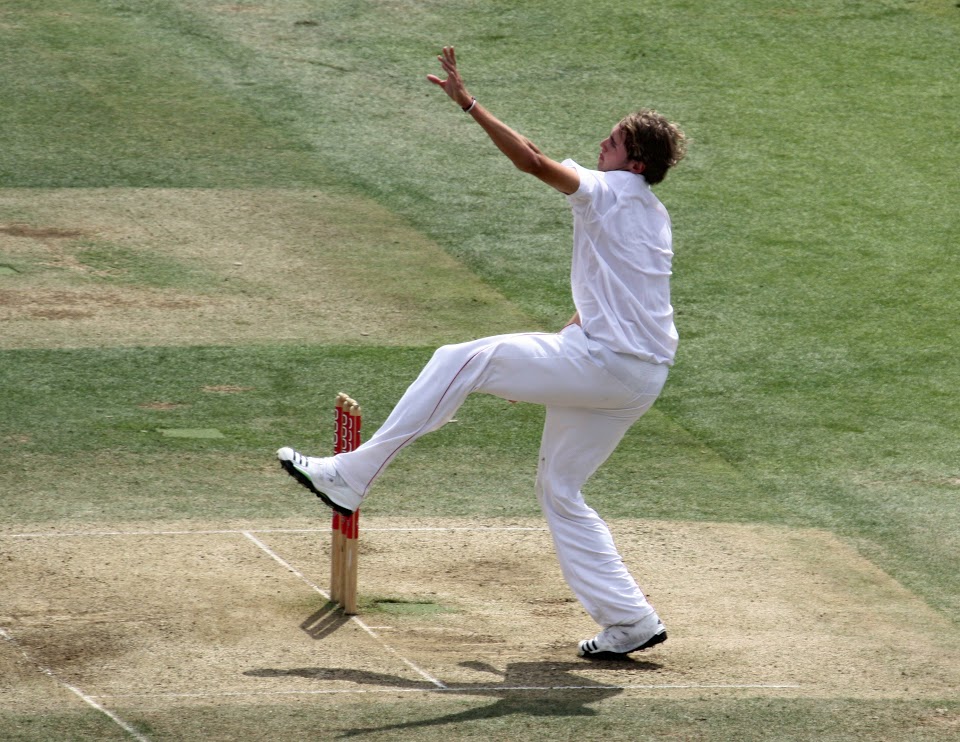

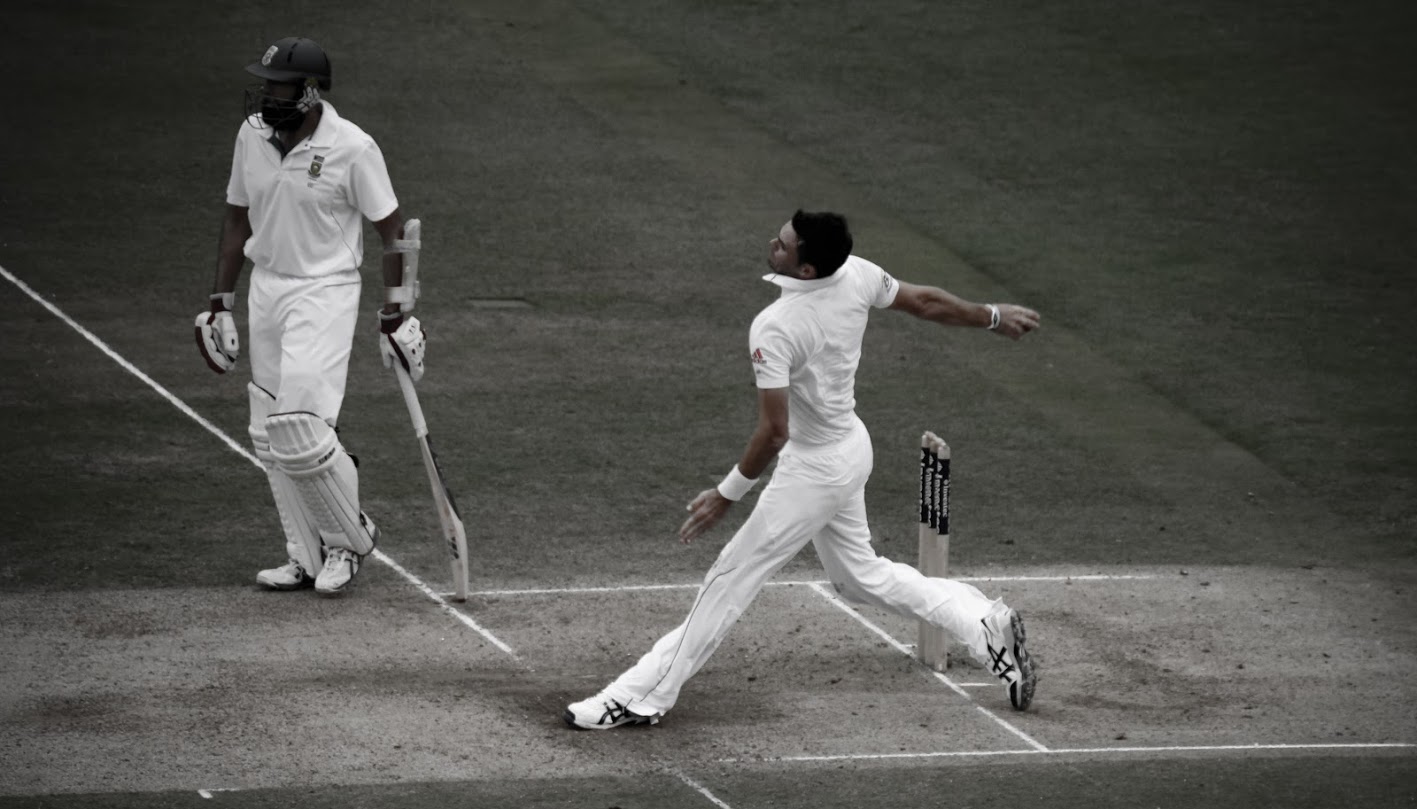
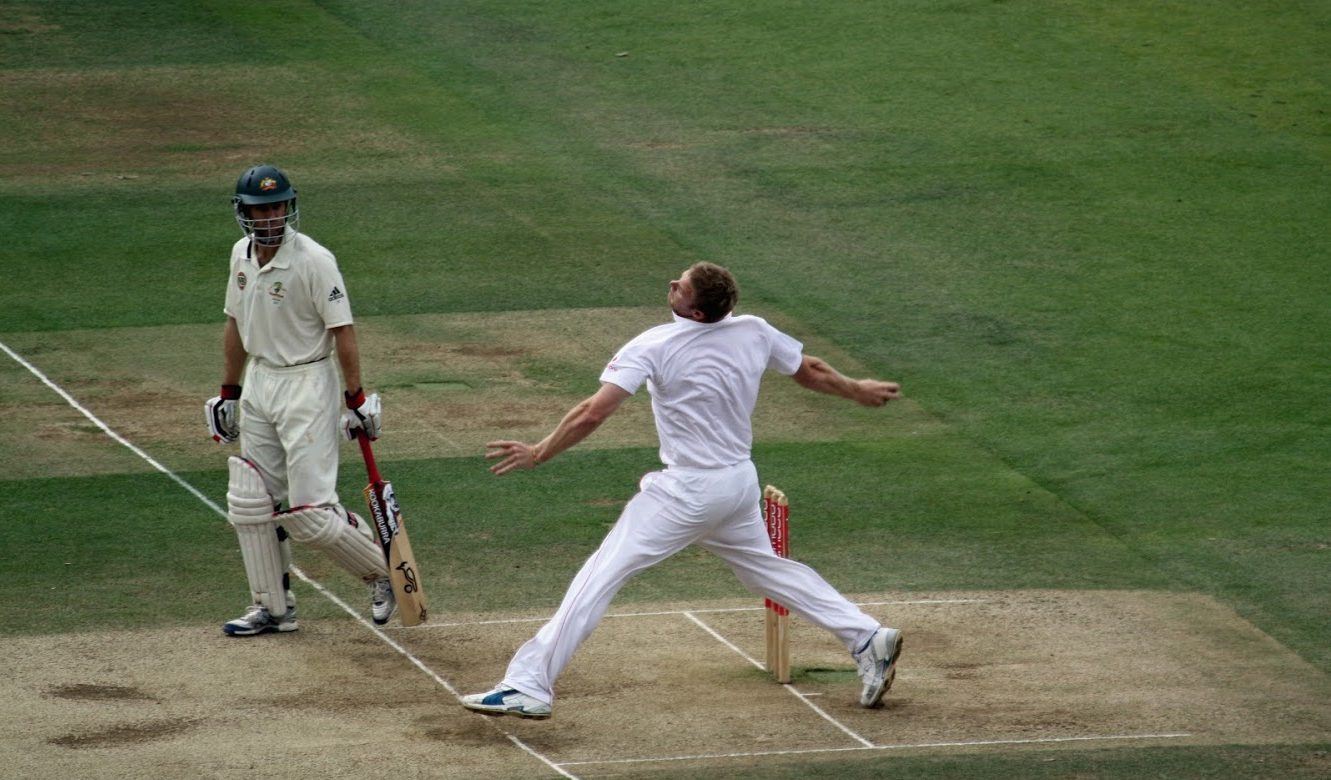
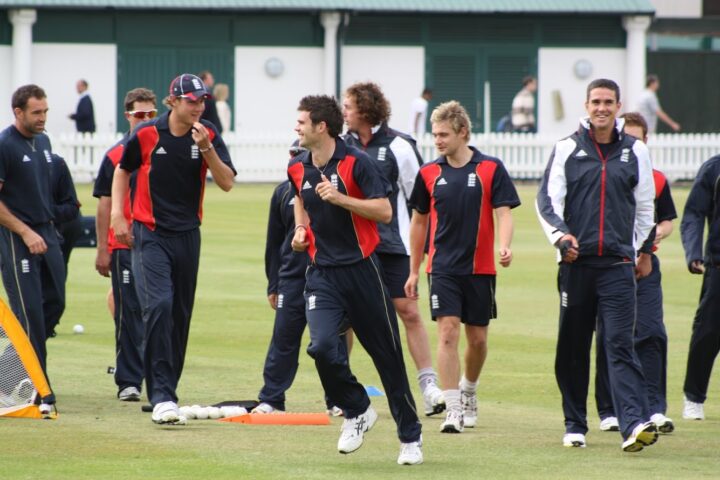
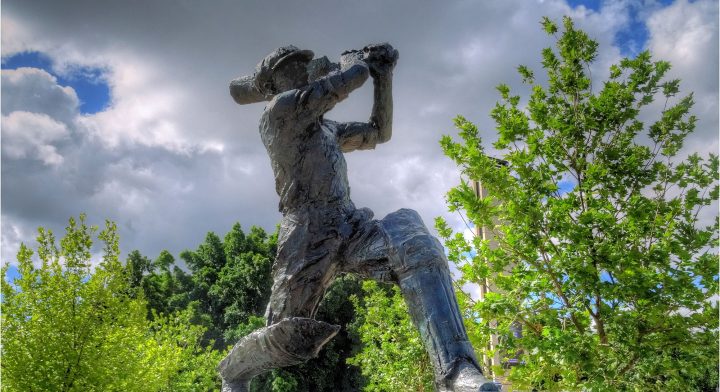


Denis Compton, the swashbuckling hero of rhe post war period and Nick, his far more workmanlike grandson who was the first of many to struggle to nail down the opening slot after Andrew Strauss’s retirement. For me that was the most pertinent one as you could argue that as players they were likely nigh on polar opposite, though sadly I never got to watch Denis bat!
Denis Compton’s older brother Leslie was Middlesex keeper/batsman for many years playing well over 200 f/c games. Eric Bedser was a stalwart of the dominant Surrey side in the 1950s but never played at international level like his brother Alec.
Two examples from Hampshire are Tim ‘Trooper’ Tremlett’s father Maurice played for Somerset for many years and Robin Smith’s older brother Chris was a prolific batsman at CC level (but couldn’t quite make the transition up a level although he didn’t disgrace himself there either). As well as the Greig brothers Sussex had the Wells’ brothers and the Newell brothers (who faded quickly after a promising start and were swapped with Glamorgan for Tony Cottey, a crucial part of the CC winning team).
It’s not surprising England’s current opponents have some high profile examples. The Hadlees are of course most prominent but there are also the Crowes (actor Russell is also a cousin), the Cairnses, the Rutherfords and the Howarths. Current captain Tom Latham’s father was one of the dibbly-dobbly attack that nearly won NZ the ’92 WC until Inzy intervened. India don’t seem to have many examples – the Amarnaths are the only high profile one I can think of.
More seriously, I’m not watching this “Test match” with Williamson, Jamieson and Southee out. This is the future of Test cricket if it has any at all – understrength teams playing low-profile matches on mediocre pitches.
I seriously had no idea that Russell Crowe was related to the cricketing Crowes. How come he’s an Aussie?
He’s only an Aussie when he wins an Oscar or South Sydney win a NRL premiership. When he is bashing up receptionists at hotels, he’s a Kiwi!
Hope that clears up the matter……….
LOL
More correctly, he’s a Kiwi actor, and an Aussie singer 😉
Sometimes the pressure is too much to bear – Don Bradman’s son, John, struggled to live with the name so he changed it.
On the other hand, the Ella brothers, who all played rugby for Australia at the same time, were immensely talented. Mark being the standout at flyhalf, didn’t seem to have any issues from his brothers. Being Aboriginal, many think they possessed “aboriginal magic” given the telepathy in their play.
The Chappell brothers are another – as we all know Trevor suffered greatly from the infamous “underarm” and his career never kicked off after that. Tough when your grandfather and two brothers all captained Australia!
Nice information
Sibling rivalry, despite the advantages of Pre made contacts, seems to pretty much kill off the lesser mortals. The Chappell brothers are the most obvious examples in cricket, with Tony and Ian Greig probably the most successful over here. Would Trevor ever have played test cricket if he wasn’t a Chappell? It’s having to live in a shadow that undoubtedly hampers progress as expectations are great. In footie you have The Neville brothers and Charlton brothers but they are almost freaks of nature.
Sons of famous fathers seem to do slightly better, but you still live in that shadow of expectation that must be soul destroying for the often seemingly less talented sons.
Interestingly in amateur days with the Grace Brothers to the fore there were a lot more related players, but this may have been due to the lack of opportunity if you didn’t have those contacts set up beforehand.
I wonder what’s worse – living in the shadow of a great parent or a more successful sibling? I have been watching the French Open tennis and a lad by the name of Leo Borg was competing in the juniors. Lost in R3 the day before his dad was due to turn up to watch him play. Dad won 6 titles. It must be so hard knowing there will always be comparisons and he will invariably fall way short.
I wonder if they are ever tempted to use, or wish they had, the other parent’s surname. It might take the pressure off, but on the other hand they lose the cachet of having a famous surname.
There’s a certain Joshua de Caires at Middlesex who doesn’t carry the burden of his famous father’s name. Obviously people know who his Dad is, but I wonder if it makes a difference psychologically, even subconsciously, not to be an Atherton when he’s batting.